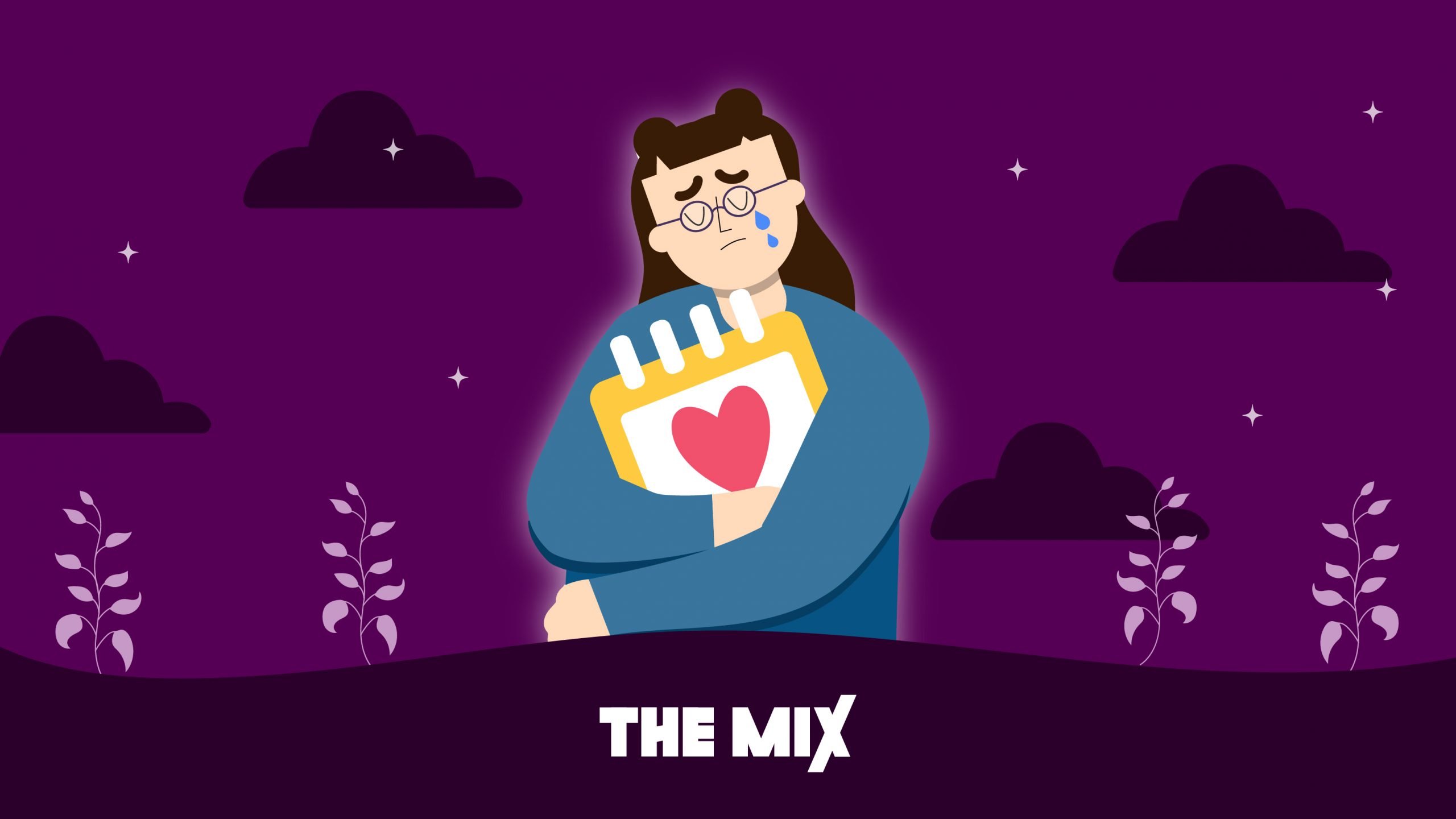Coping with trauma anniversaries


(T/W) Article contains references to trauma and bereavement.
Hi! I’m Janet – a Mental Health Nurse and Mental Health Awareness Blogger. I’m passionate about mental health in the Black community. I hope my writing is able to challenge stigma and discrimination, change the narrative surrounding mental health and recovery, and encourage others to live a happy and healthy life. Is this article I’m going to look at what a trauma anniversary is and how to cope with them.
What is a trauma anniversary?
A trauma anniversary is a date or time of year that holds significance in relation to a traumatic event that has happened in the past. The memories and emotions linked to the traumatic event can come back and affect you in many ways, for example, you might find you feel anxious or depressed.
An anniversary of trauma can be incredibly difficult to cope with, especially for those of us with mental health challenges, complex trauma and PTSD. This can affect day-to-day life, personal commitments and relationships.
How trauma anniversaries affect us
Trauma anniversaries can be triggering which can reflect in different behaviours, such as: anger, depression, sadness, anxiety, etc.
For some young people, it is common to experience these emotional effects and for others, they can experience physical effects (such as weight loss, muscle tension, stomach pain, headaches, etc.) – both can be very difficult to deal with if not addressed.
Triggers for trauma anniversaries
Identifying your triggers is important when discussing an anniversary of trauma. This allows you time and space to lessen possible triggers which may cause upsetting or unwelcoming thoughts. Sharing your triggers with loved ones can help you understand and process your emotions as well as pinpoint ways in which these triggers can be avoided together.
How to cope with trauma anniversaries
Here are some of my tips on how to cope with trauma anniversaries; a mixture of expert advice and the things I have personally found helpful.
Acknowledge your feelings
It is important to remember, on the anniversary of your traumatic event, it’s completely normal to experience intense emotions. There is no right or wrong way to feel, so give yourself permission to feel every and any emotion without judgement. By acknowledging your feelings, you are allowing yourself to accept these emotions and take important steps in your recovery.
Acknowledging your thoughts and emotions can be done in many ways which can include: taking time off from responsibilities, engaging in self-care activities (journaling, mindfulness exercise, grounding techniques, etc.) or simply just spending quality time with your loved ones who understand how your mood and mental state can be affected on such a difficult day.
Seek support
Make sure you are well supported in prioritising your mental health!
Reach out to family, friends, healthcare professions, etc. to ensure your emotions are being heard and respected and your experiences are validated.
Trauma anniversaries can not only be upsetting, but isolating too, so don’t be afraid to lean on your support system to make sure you’re not alone when feeling distressed.
Mental health professionals can provide guidance on specialist care that is linked to your trauma which can help you develop healthy coping strategies, for example:
- Bereavement and grief therapy
- Domestic violence support groups,
- Sexual assault support, etc.
Be kind to yourself
The most important step in coping with trauma anniversaries is to focus and maintain your mental health needs. This can look like:
- Taking a step back from responsibilities
- Engaging in activities that bring you joy
Change your perspective
Be kind to yourself and remind yourself of your resilience – think of how far you’ve come and focus on the strength and resilience you’ve shown in moving forward.
Write a list of everything you’ve achieved since the trauma, track your moods and behaviour Do you notice a dip in mood at a certain time of day?
Use mood and behaviour tracking to pinpoint when you feel most vulnerable, when you need more support, when you struggle most, etc.
Make new memories
Making new memories on your trauma anniversary allows you to have positive emotions rather than the negative emotions that can be brewing.
Having dealt with the grief of losing my brother, I’ve found it helpful to celebrate his life and be intentional about living a life he would have wanted me to. I found planting a tree for my brother was helpful in shifting my perspective of my trauma.
How you choose to honour your loved one is up to you, as long as it’s safe, appropriate and feels right to you.
Change the narrative
It is important to remember that recovery is accessible and that seeking support can make a huge difference in your recovery.
By acknowledging your emotions, seeking support and spending the day being kind to yourself and making new memories, I hope you’re able to cope with trauma anniversaries in a safe and effective way that encourages your mental health as well as being showered with the love and care that you deserve.
Next Steps
- Chat about this subject on our Discussion Boards.
By Janet Adebodun
Updated on 03-May-2023
Sorry, comments closed
No featured article














